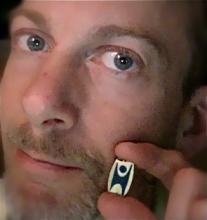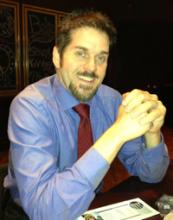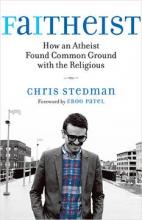"Why I Am a UU Humanist", by Brian Lofgren
Editor's note: this is the first in a series of essays on this topic. Please, share your story.
Why I Am a UU Humanist
In my case, it took thirty-nine years to arrive as a Unitarian Universalist (UU) Humanist. I’m writing this essay just nine years beyond that memorable crossroad. I was raised in Christian culture. Like my Methodist parents and grandparents, I was conditioned from childhood to suspend critical thinking where religion was concerned, and just believe. This message was reinforced in the Lutheran school I attended from fourth, through eighth grade.
The popular God, the “Everything-God”, was the 'face' that personified not only the known, but the vast unknown. Religious systems may help followers meet some of their emotional, psychological, and social needs. However, readily accepting mythical-sounding stories as fact came at a cost. Read more about "Why I Am a UU Humanist", by Brian Lofgren »







